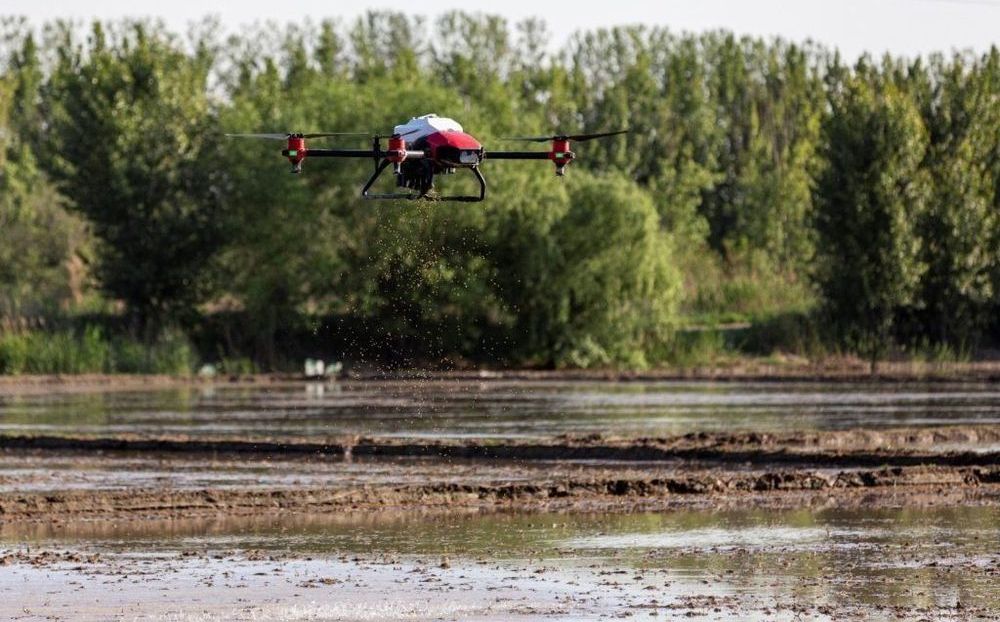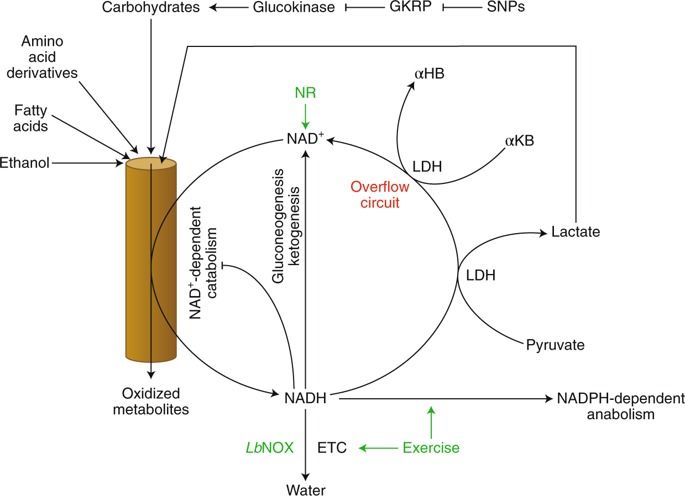Jun 6, 2020
World’s First Biosolar Leaf Purifies Air and Produces Plant-Based Food
Posted by Shailesh Prasad in categories: food, sustainability
Imperial College London has partnered with British startup Arborea to install the world’s first “Biosolar Leaf” technology on its roof. It is first of the kind system to use the microscopic plant to purify the air while producing plant-based food.
Julian Melchiorri CEO of Arborea who pioneered “Biosolar Leaf” technology said – “There has to be a way to feed all the world with healthy and sustainable food by making it the primary choice, not the alternative!”
The system works by growing microscopic plants like blue-green algae, phytoplankton on a solar grid-like layout. In fact, just one acre of “Biosolar Leaf” can remove carbon dioxide and produce breathable oxygen, then, one hundred acres of trees.

















